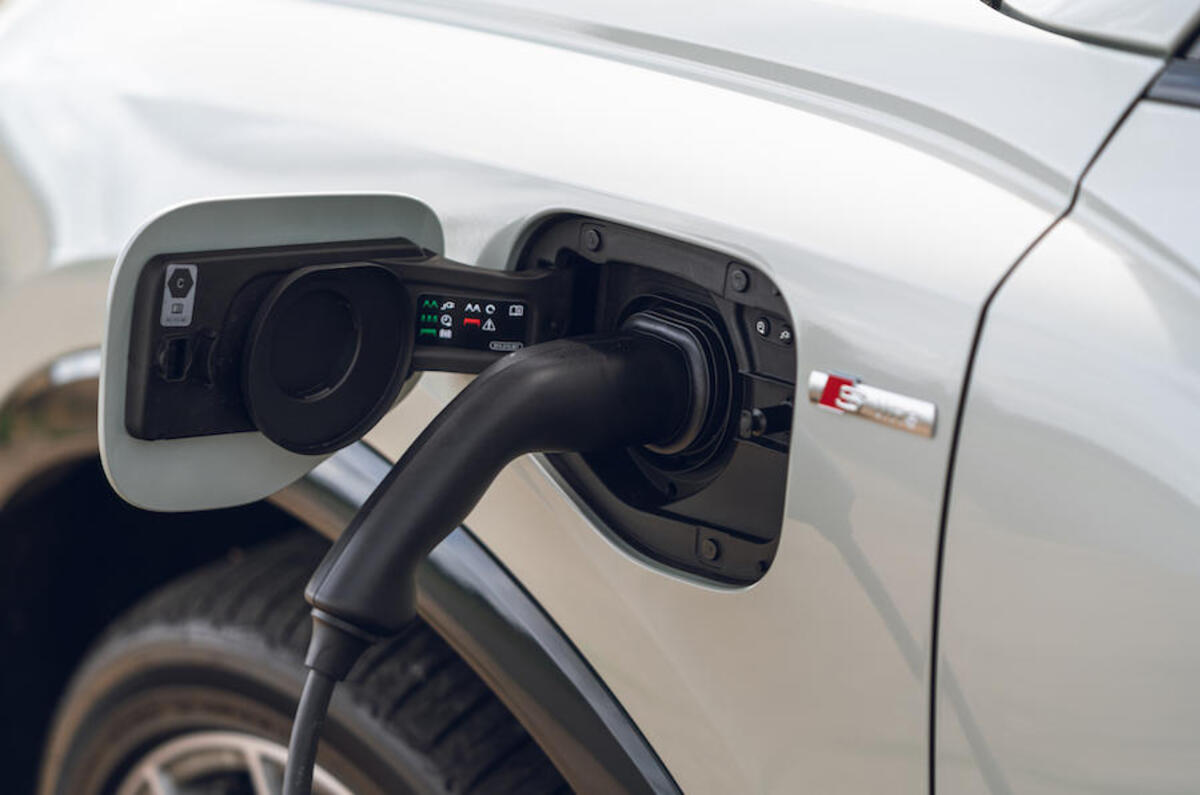The car industry has welcomed UK government plans to introduce a zero-emissions mandate by 2024, which would require a minimum percentage of new car and van sales to consist of zero-emission vehicles.
Under the plans, manufacturers would need at least 22% of all car sales to be zero-emission vehicles by 2024, rising to 80% in 2030 and 100% in 2035.
SMMT chief executive Mike Hawes said the move is “the most ambitious of any major market in the world”.
However, he warned that a mandate would need to avoid becoming “a straightjacket” for the market and manufacturing investment in the UK. Hawes also noted the lack of incentive for buyers, with higher list prices for electric models posing a challenge.
Hawes said: “The danger is that consumers will lack the incentive to purchase these new vehicles – vehicles that will remain more expensive than traditional petrol and diesel cars for a number of years to come – in the quantities needed, keeping their older, more polluting vehicles for even longer, thereby undermining the carbon savings this regulation seeks to deliver.
“Market transformation is proven to work fastest when mandates are matched with incentives and, for automotive electrification, we also need commensurate and binding targets for infrastructure provision.”
He added: “The automotive sector continues to invest billions in a wide and growing range of zero -mission vehicles, vehicles which are already becoming commonplace on Britain’s roads.”
Just 12% of all new car sales in 2021 were zero-emission models, but uptake increased 122% between 2019 and 2020, and a further 97% from 2020 to 2021.
Government plans: what percentage of zero-emission new cars and when
| 2024: 22% | 2025: 28% | 2026: 33% | 2027: 38% | 2028: 52% | 2029: 66% |
| 2030: 80% | 2031: 84% | 2032: 88% | 2033: 92% | 2034: 96% | 2035: 100% |
The government aims for all new car and van sales to be zero-emission by 2035. It will ban sales of new petrol and diesel cars from 2030, although firms will still be able to sell some hybrid models with “significant” zero-emission capability (SZEC).
It’s likely this will mean cars that can run on both pure-electric and internal combustion power will still be available until 2035, although the government has stated it cannot precisely define SZEC at this time.
According to the government, the targets will “provide certainty to the sector”, including energy providers, vehicle manufacturers and charge point operators.
The government plans are subject to a consultation period, which runs from 7 April to 10 June.
The government said: “Our current proposition is to set out legally binding annual targets that manufacturers must meet out to 2035.
“This will provide certainty to the sector (including vehicle manufacturers, energy providers and chargepoint operators). However, as with any legislation, we will keep under review and reserve the right to amend it to respond to any significant changes in market conditions. This would not be done without reasonable notice and engagement with industry."




Add your comment